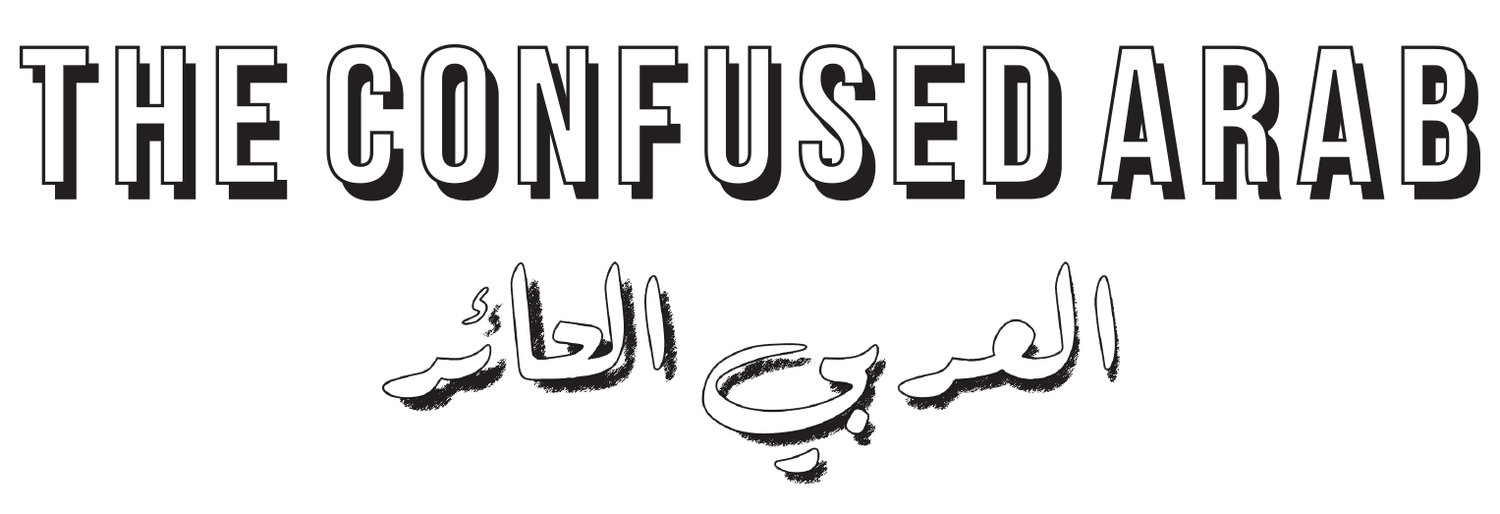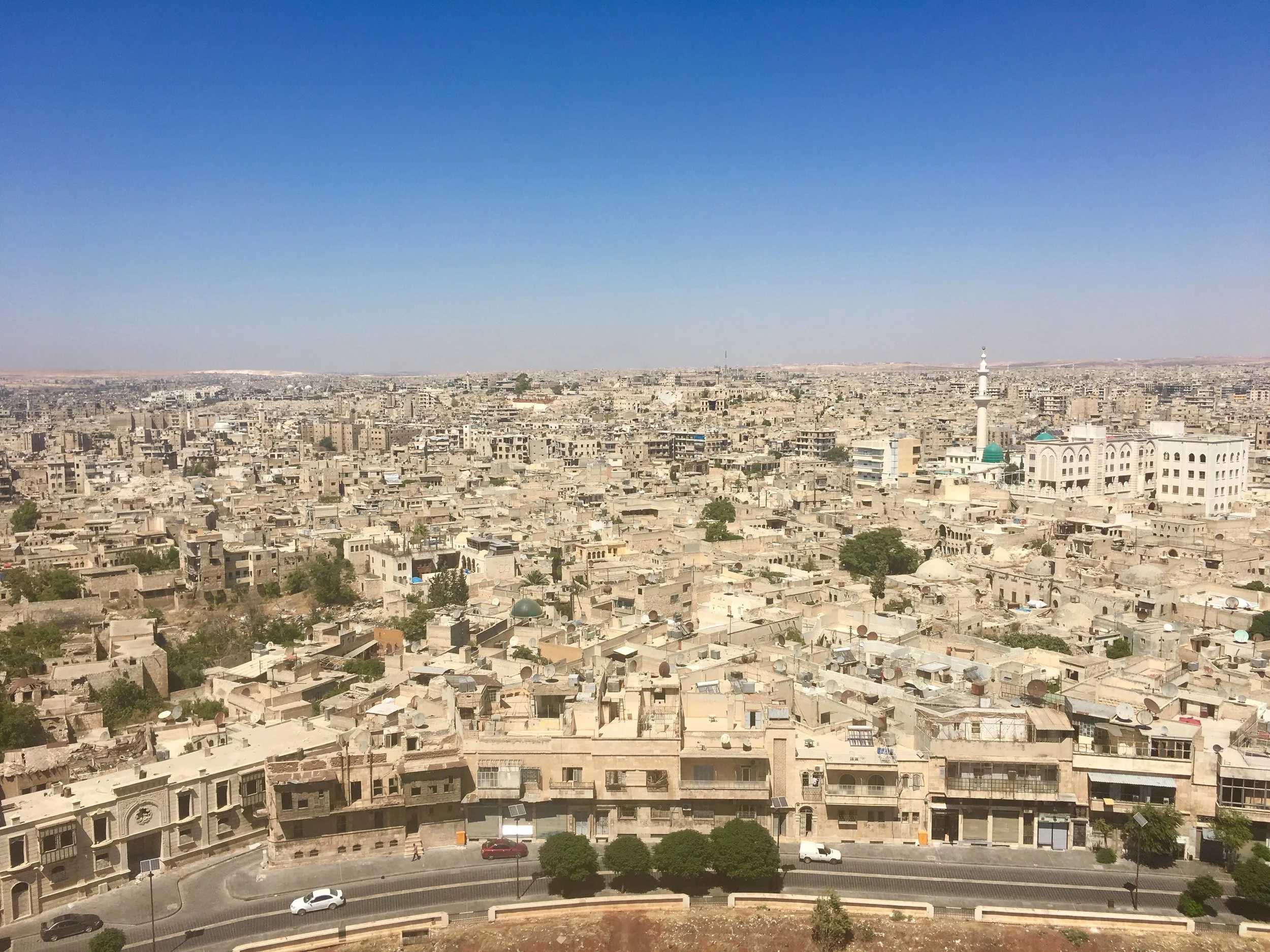Lost in translation?
“Aleppo is more beautiful than Europe. Don’t emigrate” Well…
• Eshou: What?
• Khayo / Khayto: Brother / Sister. Usually used as "bro"
• Sh2ad: How much?
• Eshbak (m) / Eshbek (f)? : What’s up with you?
• Shlonak? (m)/ Shlonek (f)? : How are you?
• Esh fi ma fi?: What’s up?
• Men fast Halab: From the midst of Aleppo (usually answered when someone asks if you are from Aleppo)
• Abaw: A way of expressing your astonishment as in “wooow”
• Wakh wakh : Another way of expressing your astonishment but in a deceived way
• Maba3re : I don’t know
• Da 2asafer: I am going to travel - in Aleppo, to express one’s next move, instead of using the complete word “bedi” meaning in this context “I’m going to”, Aleppians shorten it to “da” – “Da ashouf” (I’m going to see), “Da al3ab” (I’m going to play) etc.
• Lek 3ala rassi 7artak: Literally translates to “Your street over my head” but is a way to thank someone, show them gratitude.
• Sewi : Straight (when you’re giving direction for the road, to say walk/drive straight, you use the word “sewi”
• Djabaseh: Watermelon
It is important to underline that in Aleppo, the “J” is pronounced “DJ” for example “Jem3a” as in “Friday” will be pronounced “Djem3a” in Aleppo. And, what is pronounced “A” in other cities will be pronounced “E” in Halabi. For example “mbar7a/mbare7” as in “yesterday” will be pronounced “Mbere7/Mber7a” in Aleppo.




